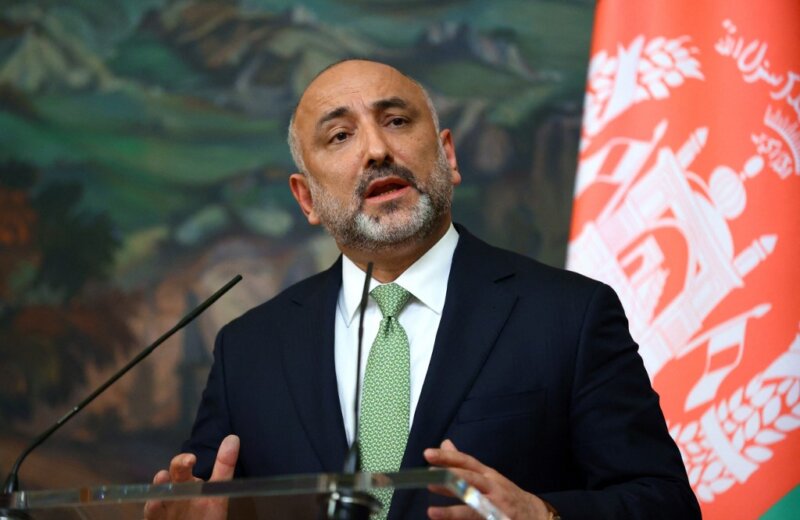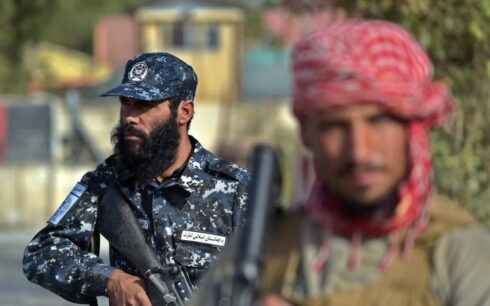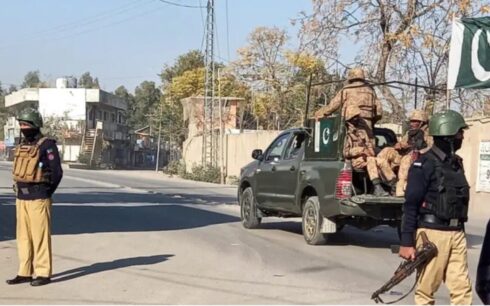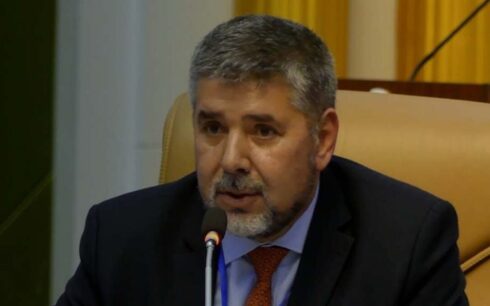The recent meeting in Geneva of G7+ representatives and envoys, along with officials from 16 nations and key international organizations, marked a significant moment for Afghanistan. While statements on human rights and the plight of women and girls remain fixtures of such gatherings, the joint declaration issued this time carried hints of a potential policy shift.
Key points from the meeting suggest that some Western and regional actors may be moving beyond mere expressions of concern to a more concrete approach for addressing Afghanistan’s multi-layered crisis. Whether this reflects genuine commitment or remains an exercise in political rhetoric will depend on the actions that follow.
Terrorism and Security: Diverging narratives
A central focus of the meeting was the rising threat of terrorism from Afghan soil. The G7+ representatives explicitly called on the Taliban to comply with United Nations Security Council resolutions and confront terrorist groups operating within Afghanistan, especially those capable of planning and executing cross-border attacks.
This concern contrasts sharply with recent public assurances by some Western officials, who downplayed the threat of terrorism in Afghanistan and emphasized their ability to contain any risks. The shift in tone at Geneva indicates a growing recognition of the dangers posed by the Taliban’s failure—or unwillingness—to rein in extremist groups.
Interestingly, the G7+ declaration echoed sentiments expressed by BRICS nations during their meeting in Russia earlier this year. Both blocs identified terrorism in Afghanistan as a shared threat to regional and global security. This alignment raises a critical question: Can geopolitical rivals like the G7+ countries, BRICS, and the Shanghai Cooperation Organization (SCO) set aside their broader differences to collaborate on Afghanistan? Failure to do so would embolden extremist groups and undermine collective security.
A renewed push for inclusive governance
Another important takeaway from the Geneva meeting was the call for credible and inclusive intra-Afghan negotiations. The G7+ urged the Taliban to engage in dialogue aimed at establishing a constitutional, representative government that upholds international norms.
This demand marks a shift from the relative inertia of the past year, during which many Western governments showed little interest in promoting intra-Afghan talks. Instead, they frequently blamed the failures of Afghanistan’s previous leadership and internal divisions for the country’s ongoing instability.
While these criticisms are not without merit, Afghanistan’s political actors must now seize the opportunity to rebuild trust, create unity, and actively support the negotiation process.
The G7+ statement also urged the United Nations Secretary-General to appoint a special envoy for Afghanistan to advance the Doha political process. This step is long overdue. Over the past year, the UN’s efforts have appeared largely reactive, with a focus on managing the Taliban’s immediate demands rather than addressing the broader aspirations of the Afghan people. A credible and strategic plan for negotiations, supported by robust leadership and adequate resources, is urgently needed.
The role of regional and religious cooperation
For the Doha process to succeed, regional and global actors must find common ground. The United States and Qatar, as architects of the original agreement with the Taliban, have a unique responsibility to pressure the group into meaningful participation. Regional powers such as China, Russia, and Iran must also prioritize stability in Afghanistan over their broader disputes with the West.
The Organization of Islamic Cooperation (OIC) has a particularly vital role to play. Its members must leverage their religious and political influence to counter the Taliban’s regressive policies, particularly those targeting women and girls. By promoting a more inclusive and authentic interpretation of Islamic values, the OIC can challenge the Taliban’s narrative and support efforts to establish a representative government.
Humanitarian aid in jeopardy
The Geneva meeting also highlighted the critical importance of humanitarian aid to Afghanistan. Representatives warned that continued assistance to vulnerable populations depends on the involvement of international NGOs and UN agencies, which have faced increasing restrictions under the Taliban.
Reports of the Taliban considering further limits—or even outright bans—on NGOs are deeply troubling. Such actions would devastate millions of Afghans, particularly women, children, and those living in extreme poverty. While reforms to improve the transparency and accountability of international aid are essential, the closure of humanitarian organizations would exacerbate an already dire crisis.
The G7+ emphasized that aid cannot be sustained without the active participation of international and local humanitarian actors. Ensuring their continued operation will require not only diplomatic pressure on the Taliban but also a coordinated effort to address systemic challenges in the delivery of aid.
A broader political context
Beyond the immediate humanitarian and security concerns, the Geneva meeting underscored the need for a unified international approach to Afghanistan. The G7+ declaration called for the implementation of all provisions of UN Security Council Resolution 2721 (2023), emphasizing the establishment of a political process that includes all Afghan stakeholders.
This is a pivotal moment. The international community, particularly the UN, must demonstrate leadership in facilitating dialogue and building consensus among Afghan political factions. Afghan leaders, in turn, must rise above their differences and work toward a shared vision for the country’s future.
The challenges facing Afghanistan are immense, but so too are the opportunities for progress if stakeholders act decisively. The Geneva meeting has provided a roadmap, but its success will depend on the collective efforts of Afghan actors, regional powers, and the international community.
The United States and its allies must move beyond rhetoric, providing the resources and political will necessary to support Afghanistan’s recovery. At the same time, regional powers must recognize that their long-term interests align with Afghanistan’s stability and act accordingly.
A final warning
The G7+ statement included a stark warning to the Taliban: continued international support is contingent on meaningful political and social progress. Without such progress, Afghanistan risks further isolation, worsening its already dire economic and humanitarian conditions.
For the Afghan people, the stakes could not be higher. The international community has a moral obligation to act, but the ultimate responsibility lies with Afghan leaders to chart a path forward.
This is not just a moment for rhetoric—it is a moment for action.
Mohammad Haneef Atmar is the former Minister of Foreign Affairs of the Islamic Republic of Afghanistan.
The views expressed in this article are the author’s own and do not necessarily reflect those of this publication.





